From 20 to 22 December, forty people gathered around two work tables to address a common goal, namely to set in motion a process to optimise waste management – especially plastic waste – using the demopratic method and referring to local best practices. This is, in short, what happened in Havana, where the local Third Paradise embassy organised a three-day event dedicated to and inspired by the Rebirth Day. The activities to celebrate the day, aimed at encouraging individual and collective commitment to collaborating in the responsible transformation of society, started with the meeting Plasticidas: Intercambio sobre reciclaje de plástico – exchange on plastic recycling, held at the Instituto de Cibernética, Matemática y Física, in the studio of artist José Yaque. The project La Mina Cuba was taken as a case study in discussing the key theme of the day: “These days,” explained Rebirth/Third Paradise ambassadress Laura Salas, “also served to publicly present the project La Mina Cuba, concerning waste management and conceived as a line of economic sustainability for our embassy”.
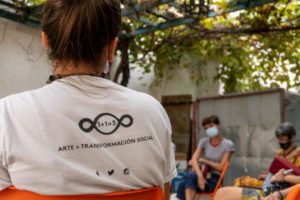
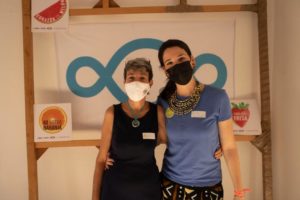
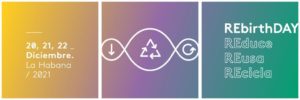

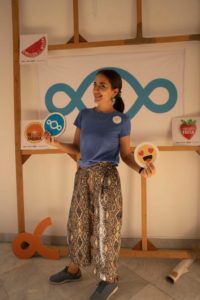
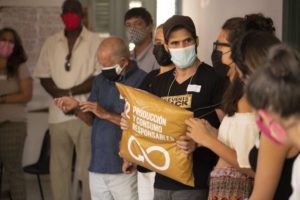
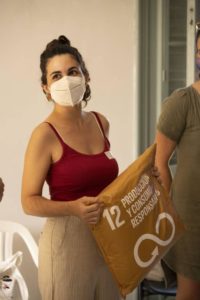
The day began with a presentation by the organisers, who summarised several key aspects of the conception, development and actions of their initiative, describing what the Third Paradise project consists of and contextualising it in the Rebirth Day celebrations. What were the specific objectives of the meeting? “To present La Mina Cuba as a space for possible connections and exchanges between different actors operating in the context of recycling,” replied the ambassadress, “to create alliances between state and private sectors on issues linked to the reduction of plastics (especially single-use plastics), to discuss the different ways of affecting the plastic cycle in various fields of action and to plan future events related to the theme”. The event also saw the strong participation of entrepreneurs, representatives of the state sector and of the country’s NGOs (Fundación Antonio Núñez Jiménez). The two work tables also discussed waste reduction in reference to replicable experiences, and possible contributions from the business sector. “On 21 December,” Laura concluded, “the project ‘Copas para Cuba’ was launched, while on 22 December we celebrated together with the project Citykleta and the workshop on sustainable mobility ‘Bici + Copa = Mujer Empoderada’. Each of these activities was carried out in a space open to the recycling of various raw materials (plastic, glass, paper and cardboard, metal), which were then supplied to various companies and projects that work with these materials”.

